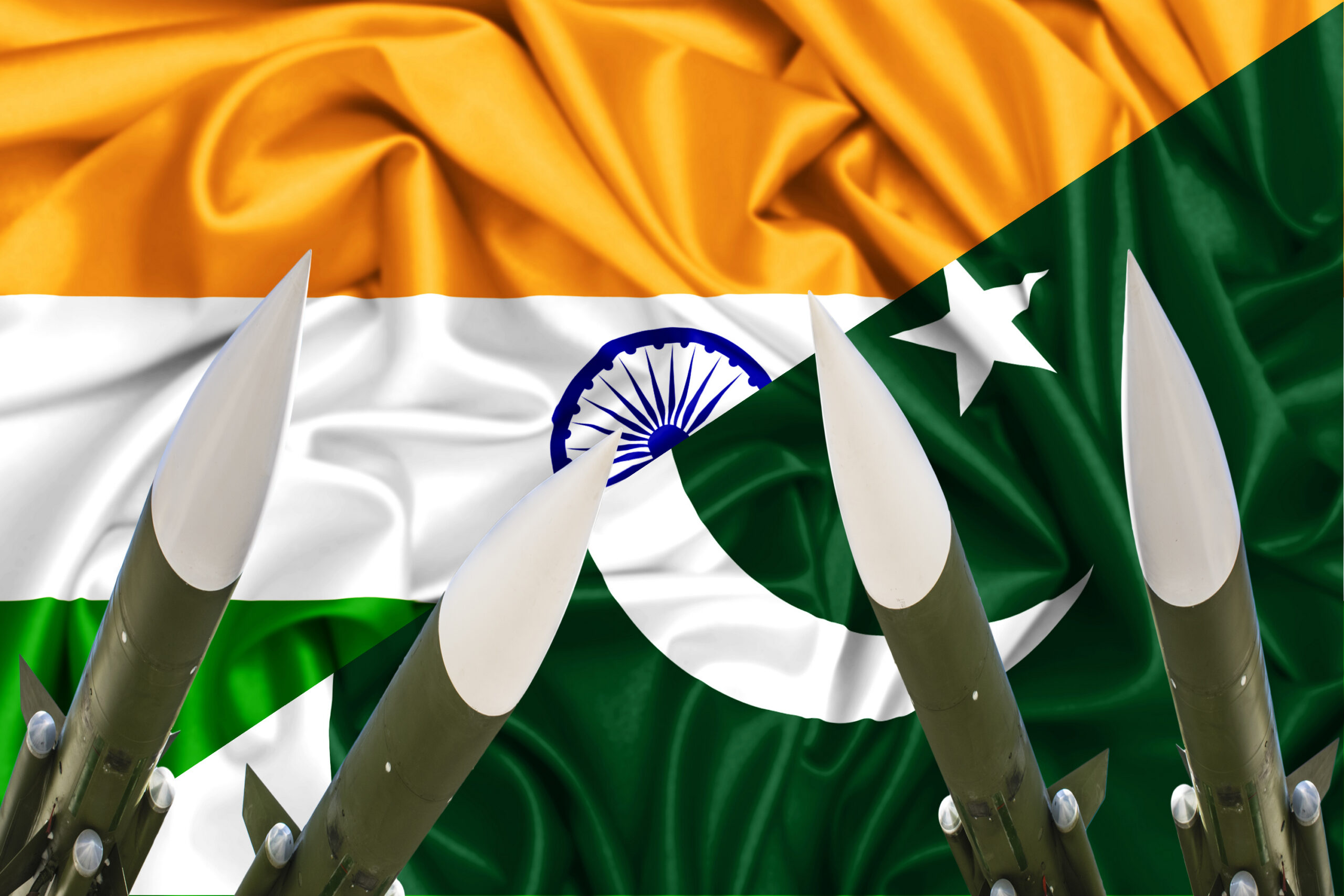
India’s self-proclaimed ascent as a “Vishwaguru” — the global teacher — is rapidly unraveling into a case study in strategic overreach. The post-Pahalgam conflict, rather than consolidating India’s standing, has revealed the profound hollowness of its current foreign policy apparatus. A situation that demanded sober diplomacy and geopolitical finesse was instead mishandled through silence, symbolic gesturing, and eventual desperation. Most tellingly, the country’s foreign minister, S. Jaishankar, went conspicuously silent, disappearing from the diplomatic scene when his leadership was needed most.
In a bid that defied conventional diplomatic playbooks, the Modi government reportedly tasked opposition MP Shashi Tharoor—often ridiculed by the ruling party—with conducting outreach abroad. This wasn’t outreach; it was outsourced legitimacy, a desperate attempt to patch diplomatic wounds that years of ideological arrogance and regional neglect had inflicted. For a party that claims unparalleled nationalist credentials, relying on a sidelined opposition figure for global credibility is an ironic, if not embarrassing, admission of failure.
India’s immediate response to the Pahalgam incident was predictable: media campaigns, choreographed military visuals, and sensational headlines. The domestic narrative, heavily choreographed by BJP-friendly newsrooms, framed it as a decisive strike against “terror.” But abroad, the story didn’t land. The United States, European Union, United Kingdom, and Russia all released neutral statements, emphasizing de-escalation rather than endorsement. No major international actor echoed India’s claim of justified aggression. The only clear supporter was Israel—and even that came with caveats. Israel’s approval appeared more transactional than principled, closely tied to its defense exports (notably the drones in question). In the absence of wider diplomatic backing, India’s attempts to globalize its narrative fell flat.
By contrast, Pakistan’s diplomatic machinery worked with focused intent. Islamabad’s Foreign Office didn’t seek camera time; it activated embassies, briefed partners, and quietly built consensus. The results were clear: China reaffirmed CPEC ties, Turkey expressed solidarity, Azerbaijan issued formal statements of support, and the Organisation of Islamic Cooperation (OIC) condemned Indian aggression outright. Even typically neutral Gulf countries signaled discomfort with India’s approach — a direct result of New Delhi’s self-inflicted alienation in the Islamic world.
India’s foreign policy under Modi and Jaishankar has increasingly followed a template of selective engagement and ideological posturing, often referred to as “strategic autonomy.” But in reality, this has morphed into strategic isolation. Years of diplomatic missteps — from antagonizing Turkey and Malaysia to alienating Bangladesh, Nepal, and Iran — have eroded New Delhi’s traditional base of support.
Under Modi, diplomacy has been subsumed by domestic optics. Prime-time television and Twitter hashtags have replaced Track II dialogues and multilateral negotiations. Foreign policy is no longer framed as a pursuit of national interest, but as a series of performative gestures designed to satisfy domestic electoral narratives. The MEA has effectively become a tool for political messaging, not geopolitical management.
This is precisely why the absence of Jaishankar during the crisis was not just a lapse in protocol—it was the logical consequence of a foreign ministry that has been hollowed out by image management. Once considered a competent technocrat, Jaishankar has become the face of ideological diplomacy: aggressive in tone, short on substance, and strikingly unprepared when reality refuses to conform to the script.
The deeper issue here is not India’s military miscalculation or media overreach—it is the collapse of its credibility in international fora. Despite decades of presenting itself as a secular, pluralistic democracy, the BJP’s governance has infused foreign policy with Hindutva overtones, undermining relationships with Muslim-majority nations and disturbing the delicate balance of India’s global alliances.
At Geneva, India’s narrative faltered not due to lack of articulation but because it no longer resonates. Years of silence on human rights issues, support for Islamophobic voices, and intolerance of dissent have altered the way India is viewed by the world. While it may still retain its position as an economic giant and a key player in global forums like the G20, it has lost the moral capital that once gave its statements weight.
The starkest evidence of this credibility deficit came during the Pahalgam incident, when no major Muslim country backed India’s version of events. In fact, countries like Iran, Indonesia, and even Saudi Arabia expressed discomfort at India’s escalation, a far cry from the camaraderie once enjoyed.
What India is now facing is not just a momentary diplomatic crisis—it is a structural breakdown of its global outreach strategy. The reliance on rhetoric over reality, optics over outcome, and symbolism over substance has left the country adrift on the global stage. Until then, India’s foreign policy will continue to stumble—a Vishwaguru in rhetoric, but a vishwa ghost in practice—visible only in its own domestic echo chamber, but increasingly invisible in serious global conversations.
